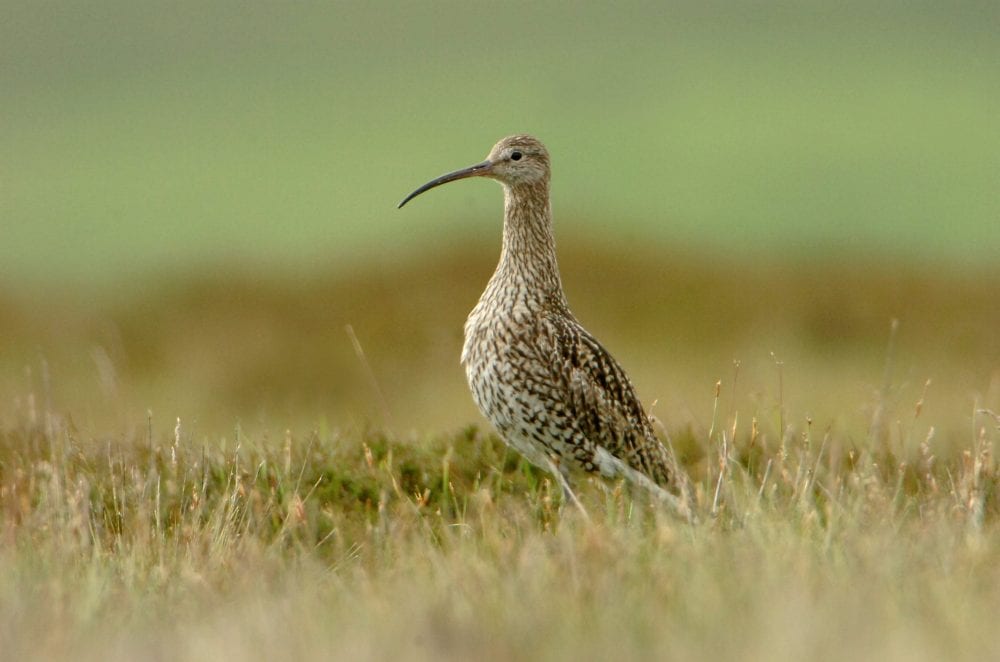BirdWatch Ireland is very concerned and disappointed to learn that payments to 18,000 farmers participating in ACRES Cooperative Project (CPs) measures will be delayed until February 2024. Instead of farmers receiving payments at the critical juncture before Christmas as expected, payments will now not come for another two months. This places this cohort of farmers under financial pressure especially where there have been cost outlays and farmers are now left covering these costs until 2024. There is also a risk that the delay will damage perception among the farmers who have entered the more targeted agri-environment scheme of the benefits of involvement, at a time when we need their support for nature restoration on farmland more than ever.
BirdWatch Ireland fully supports the Cooperative Projects which are targeted and results-based agri-environment schemes and offering farmers more bespoke support on their farms to restore biodiversity on farmland. However, it has been clear from the start that there would be operational challenges in uploading results-based scorecards to the Department of Agriculture, Food and the Marine’s (DAFM) IT system. It has been known for a number of years that the implementation of CP schemes would require system changes within DAFMs IT operations. We appreciate that DAFM staff are doing their best but investment in IT is one area where greater focus is urgently needed by government.
We call on government to invest in its IT systems to ensure that it is fit for purpose. Going forward it must be able to accommodate the future direction of Ireland’s agri-environment scheme payments, and the flexibility needed to successfully manage changes in schemes due to unforeseen circumstances.
Restoration of habitats and wildlife populations on farmland will only work if farmers have trust and confidence in the systems underpinning it and see their payments delivered on time and in full. This is really important and the state must get it right.
Underpinned by the evidence, it is widely acknowledged that there is considerable scope to improve degraded biodiversity on farmland, especially in relation to farmland birds and insects like butterflies and bees. Farmland birds have experienced the most significant decline of all bird groups over the last 50 years as a result of changes in agriculture practices. Today, even recently common birds like the Kestrel are in decline according to BirdWatch Ireland’s Countryside Bird Survey.
The move towards more tailored approaches to address environmental issues through the CP schemes is very promising for farmland biodiversity and to address climate goals. It is clear from the substantial over-subscription of both ACRES CP tranche 1 and ACRES general (by 50%) that farmers are very keen to play their part to restore nature. The Nature Restoration Law is almost finalised in Brussels and will likely require greater farmer uptake of schemes like the CPs to meet targets. Take up will be voluntary and farmers will need to be incentivised to get involved. Involvement will be more successful if farmers have trust and confidence in the systems that underpin these schemes and where there is policy coherence. We really hope that this delay will be a once off and farmers will see the benefits of involvement over time.


